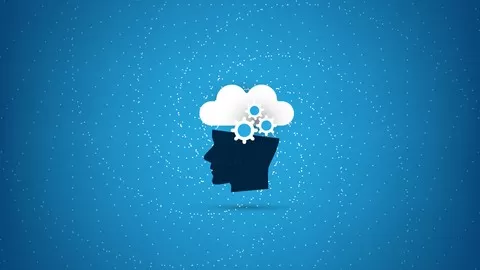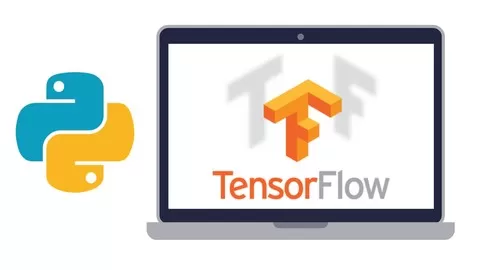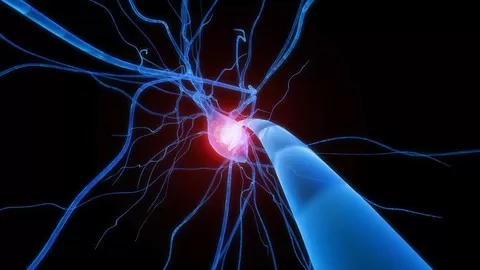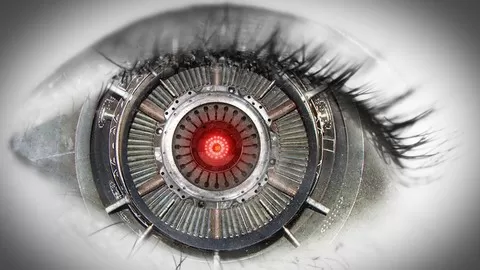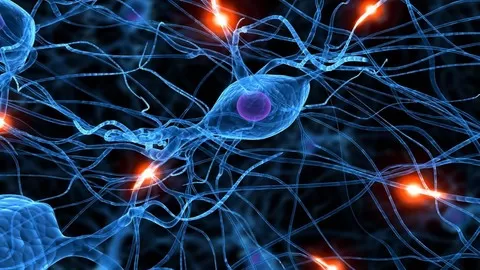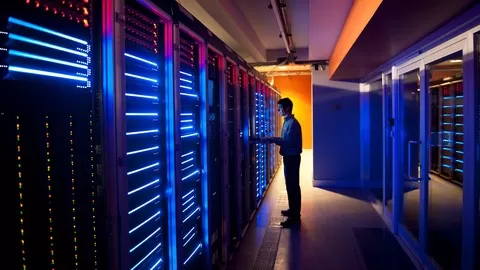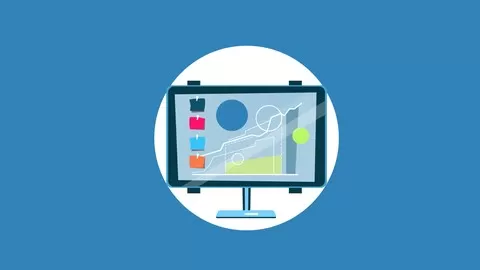Deep learning is the intersection of statistics, artificial intelligence, and data to build accurate models. With deep learning going mainstream, making sense of data and getting accurate results using deep networks is possible. Tensorflow is Google’s popular offering for machine learning and deep learning. It has become a popular choice of tool for performing fast, efficient, and accurate deep learning. TensorFlow is one of the most comprehensive libraries for implementing deep learning.
This comprehensive 2-in-1 course is your step-by-step guide to exploring the possibilities in the field of deep learning, making use of Google’s TensorFlow. You will learn about convolutional neural networks, and logistic regression while training models for deep learning to gain key insights into your data with the help of insightful examples that you can relate to and show how these can be exploited in the real world with complex raw data. You will also learn how to scale and deploy your deep learning models on the cloud using tools and frameworks such as asTensorFlow, Keras, and Google Cloud MLE. This learning path presents the implementation of practical, real-world projects, teaching you how to leverage TensorFlow’s capabilities to perform efficient deep learning.
This training program includes 2 complete courses, carefully chosen to give you the most comprehensive training possible.
The first course, Hands-on Deep Learning with TensorFlow, is designed to help you overcome various data science problems by using efficient deep learning models built in TensorFlow. You will begin with a quick introduction to TensorFlow essentials. You will then learn deep neural networks for different problems and explore the applications of convolutional neural networks on two real datasets. You will also learn how autoencoders can be used for efficient data representation. Finally, you will understand some of the important techniques to implement generative adversarial networks.
The second course, Applied Deep Learning with TensorFlow and Google Cloud AI, will help you get the most out of TensorFlow and Keras to accelerate the training of your deep learning models and deploy your model at scale on the Cloud. Tools and frameworks such as TensorFlow, Keras, and Google Cloud MLE are used to showcase the strengths of various approaches, trade-offs, and building blocks for creating, training and evaluating your distributed deep learning models with GPU(s) and deploying your model to the Cloud. You will learn how to design and train your deep learning models and scale them out for larger datasets and complex neural network architectures on multiple GPUs using Google Cloud ML Engine. You will also learn distributed techniques such as how parallelism and distribution work using low-level TensorFlow and high-level TensorFlow APIs and Keras.
By the end of this Learning Path, you will be able to develop, train, and deploy your models using TensorFlow, Keras, and Google Cloud Machine Learning Engine.
Meet Your Expert(s):
We have the best work of the following esteemed author(s) to ensure that your learning journey is smooth:
•Salil Vishnu Kapur is a Data Science Researcher at the Institute for Big Data Analytics, Dalhousie University. He is extremely passionate about machine learning, deep learning, data mining, and Big Data analytics. Currently working as a Researcher at Deep Vision and prior to that worked as a Senior Analyst at Capgemini for around 3 years with these technologies. Prior to that Salil was an intern at IIT Bombay through the FOSSEE Python TextBook Companion Project and presently with the Department of Fisheries and Transport Canada through Dalhousie University.
•Christian Fanli Ramsey is an applied data scientist at IDEO. He is currently working at Greenfield Labs a research center between IDEO and Ford that focuses on the future of mobility. His primary focus on understanding complex emotions, stress levels and responses by using deep learning and machine learning to measure and classify psychophysiological signals.
•Haohan Wang is a deep learning researcher. Her focus is using machine learning to process psychophysiological data to understand people’s emotions and mood states to provide support for people’s well-being. She has a background in statistics and finance and has continued her studies in deep learning and neurobiology.
Christian and Haohan together they make dyad machina and their focus area is at the interaction of deep learning and psychophysiology, which means they mainly focus on 2 areas:
– They want to help further intelligent systems to understand emotions and mood states of their users so they can react accordingly
– They also want to help people understand their emotions, stress responses, mood states and how they vary over time in order to help people become more emotionally aware and resilient
